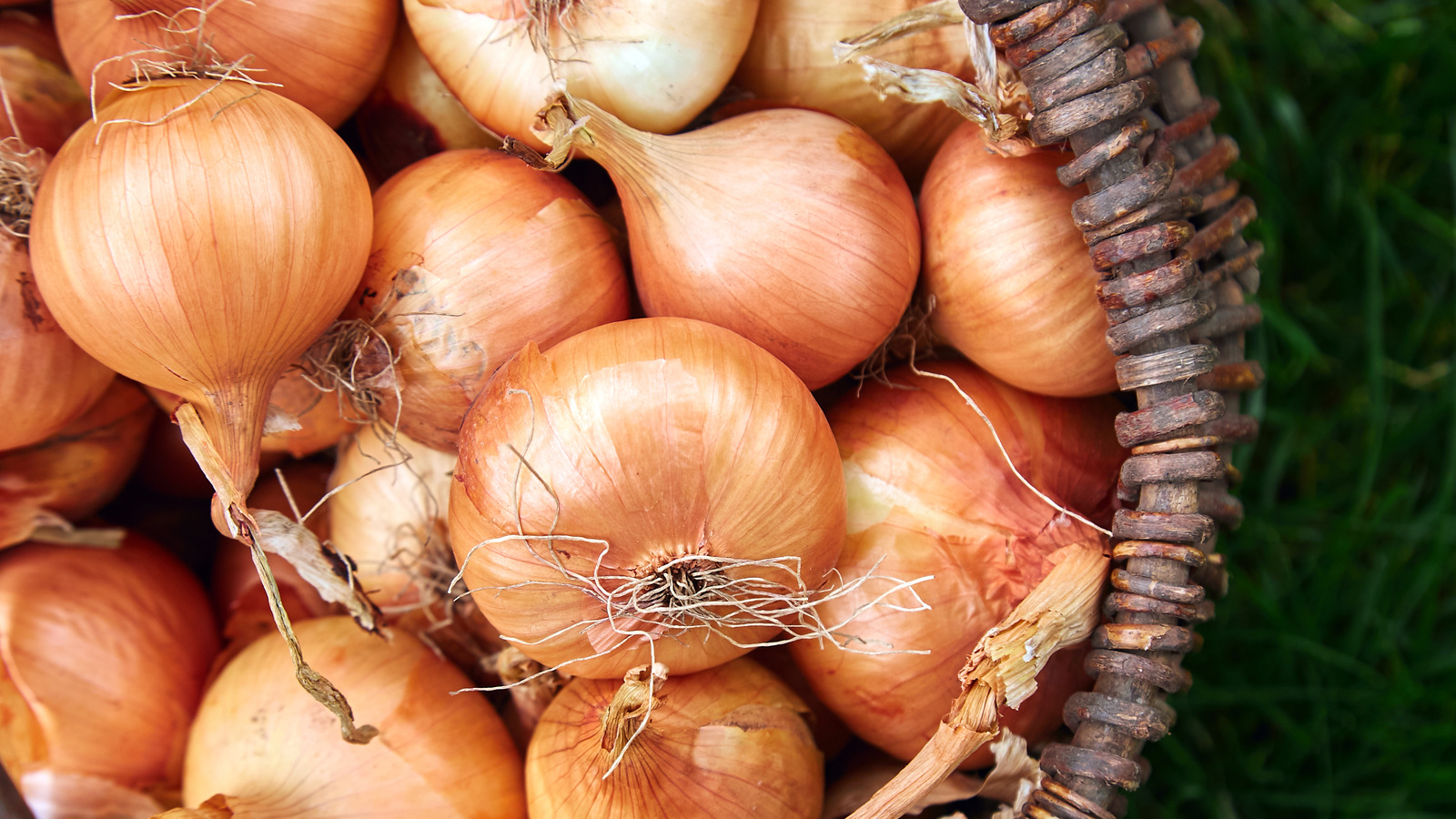

Articles
How Long Do Onions Last In The Pantry
Modified: August 30, 2024
Discover how long onions can last in the pantry with proper pantry storage. Learn tips and tricks to extend their shelf life and keep them fresh.
(Many of the links in this article redirect to a specific reviewed product. Your purchase of these products through affiliate links helps to generate commission for Storables.com, at no extra cost. Learn more)
Introduction
Welcome to our guide on how long onions last in the pantry! Onions are a versatile ingredient that adds flavor and depth to numerous dishes. Whether you’re a cooking enthusiast or someone who appreciates the incredible taste of onions, it’s essential to understand their shelf life to avoid wasting these culinary gems.
Onions are a staple in many households, but they are also notorious for their tendency to spoil relatively quickly. The shelf life of onions can be influenced by various factors, including the type of onion, storage conditions, and how fresh they were when purchased. By understanding these factors and implementing proper storage techniques, you can extend the shelf life of your onions and enjoy their deliciousness for longer.
In this article, we will explore the factors that affect onion shelf life, provide tips on how to properly store onions in the pantry, and discuss the signs of spoiled onions. Additionally, we will share some handy tips for extending the shelf life of your onions, ensuring that you get the most out of your onion supply. Let’s dive in!
Key Takeaways:
- Proper storage in a cool, dry pantry can extend onion shelf life for weeks. Avoid moisture, direct sunlight, and refrigeration to maintain flavor and freshness.
- Look out for signs of spoilage like mold, soft spots, and foul odor. Utilize clever storage hacks and freezing for long-term onion preservation.
Read more: How Long Do Potatoes Last In Pantry
Factors that Affect Onion Shelf Life
Several factors contribute to the shelf life of onions. Understanding these factors can help you determine how long your onions will last and how to store them properly to maintain their freshness. Here are some crucial factors to consider:
- Type of Onion: Different varieties of onions have varying shelf lives. Generally, yellow onions tend to have a longer shelf life compared to red or white onions. Sweet onions have a shorter shelf life due to their higher sugar content.
- Storage Conditions: The environment in which onions are stored greatly affects their shelf life. Onions should be kept in a cool, dry, and well-ventilated place, away from direct sunlight or heat sources. Exposure to moisture or high temperatures can cause onions to sprout, soften, and spoil more quickly.
- Freshness at Purchase: The overall quality and freshness of the onions at the time of purchase also play a significant role in their shelf life. Choose onions that are firm, free from blemishes or bruises, and have dry outer skins.
- Preparation and Handling: The way you handle and prepare onions can impact their shelf life. Avoid cutting or peeling onions until you’re ready to use them, as this can accelerate spoilage. Once onions are cut, store them in an airtight container in the refrigerator.
- Other Produce: Onions release ethylene gas, which can cause nearby fruits and vegetables to ripen and spoil more quickly. Keep onions away from other produce to prevent premature spoilage.
By taking these factors into account, you can optimize the shelf life of your onions and ensure that they stay fresh and delicious for as long as possible. Now that you understand the factors that affect onion shelf life, let’s move on to the next section where we’ll discuss how to store onions in the pantry.
How to Store Onions in the Pantry
Storing onions properly is essential to prolong their shelf life and maintain their flavor and texture. When stored correctly, onions can last for several weeks or even months in the pantry. Here are some guidelines to follow when storing onions:
- Choose the Right Location: Find a cool, dry, and well-ventilated area in your pantry to store onions. A pantry shelf or a wire mesh basket works well for this purpose.
- Avoid Direct Sunlight: Onions should be kept away from direct sunlight, as exposure to light can cause them to sprout and spoil faster. If your pantry doesn’t have a dark corner, consider storing onions in a brown paper bag or an opaque container to protect them from light.
- Keep them Dry: Moisture is an enemy of onions, as it can lead to rot and mold. Make sure the area where you store onions is dry and free from any moisture sources, such as a leaking pipe or a humidifier. Avoid washing onions before storing, as this can introduce moisture.
- Avoid Refrigeration: Onions should not be stored in the refrigerator unless they have been cut. The moisture and cold temperature in the refrigerator can cause onions to become soft and moldy.
- Avoid Storing with Potatoes: Potatoes release moisture and gases that can accelerate onion spoilage. It’s best to store onions and potatoes separately to prevent cross-contamination and extend their storage life.
- Inspect Regularly: Periodically check your stored onions for any signs of spoilage. Remove any onions that show signs of sprouting, softness, or decay to prevent the spoilage from spreading to other onions.
Following these storage guidelines will help you maximize the shelf life of your onions and ensure that they remain fresh and flavorful for as long as possible. In the next section, we’ll discuss the signs that indicate onions have spoiled.
Store onions in a cool, dry, well-ventilated pantry and they can last for 1-2 months. Keep them away from potatoes, as they can cause onions to spoil faster.
Signs of Spoiled Onions
Knowing how to identify spoiled onions is crucial in order to avoid using them in your cooking and risking potential foodborne illnesses. Here are some common signs that indicate onions have spoiled:
- Mold or Soft Spots: Look for any visible mold on the outer skin or soft spots on the onion. These are clear indications that the onion has started to decay and should be discarded.
- Foul Odor: Pay attention to the smell of the onion. If you notice an off or foul odor, it’s likely that the onion has spoiled. Fresh onions should have a mild, slightly sweet aroma.
- Sprouting: Onions can start to sprout if they are past their prime. If you see green shoots emerging from the onion bulb, it’s a sign that the onion is no longer fresh and should be discarded.
- Slimy Texture: If the onion feels slimy to the touch or has a moist, mushy texture, it has likely started to rot. Discard onions with this texture to avoid any potential health hazards.
- Discolored or Darkened Skin: Onions with discolored or darkened skin may indicate that they are spoiling. If you notice significant changes in the onion’s skin color, it’s best to err on the side of caution and dispose of it.
It’s important to note that consuming spoiled onions can lead to food poisoning or gastrointestinal issues. If you suspect that an onion is spoiled, it’s best to discard it to ensure your health and safety.
Now that we’ve covered the signs of spoiled onions, let’s move on to the next section where we’ll share some tips for extending the shelf life of your onions.
Tips for Extending Onion Shelf Life
If you want to make the most out of your onion supply and extend their shelf life, here are some helpful tips to follow:
- Store in a Mesh Bag: Place your onions in a mesh bag, such as a nylon stocking or a breathable produce bag. This allows for proper air circulation and helps prevent moisture buildup, ultimately extending their shelf life.
- Separate and Insulate: To prevent onions from influencing each other’s ripening process, make sure to keep them separated. You can use dividers or individual compartments to create space between each onion. Additionally, consider placing a layer of newspaper or cardboard between layers of onions to provide insulation.
- Use a Cool and Dark Cellar: If you have a basement or cellar with optimal storage conditions, use that space to store your onions. The cool and dark environment in cellars helps maintain the freshness of onions for an extended period.
- Utilize Pantyhose: A clever storage hack is to place onions in the legs of pantyhose, tying a knot between each onion. Hang the pantyhose in a cool and dark area, and simply cut off an onion as needed. This method allows for good air circulation and saves valuable storage space.
- Freeze for Long-Term Storage: If you have an abundance of onions or want to preserve them for an extended period, consider freezing them. Chop or slice the onions first and place them in a labelled, airtight container or freezer bag. Frozen onions can be stored for up to a year and are perfect for cooking or adding to soups and stews.
- Cooked Onion Preservation: If you have leftover cooked onions, store them in airtight containers in the refrigerator. Cooked onions can last for about 3-5 days when properly stored.
By following these tips, you can significantly extend the shelf life of your onions and reduce food waste. Remember to regularly inspect your stored onions for any signs of spoilage and remove any affected onions promptly.
Now that you have a better understanding of how to extend the shelf life of onions, let’s wrap up this guide.
Read more: How Long Do Onions Take To Germinate?
Conclusion
In conclusion, understanding how long onions last in the pantry and implementing proper storage techniques are essential for optimizing their shelf life. By considering factors such as the type of onion, storage conditions, and freshness at purchase, you can ensure that your onions stay fresh for as long as possible.
Storing onions in a cool, dry, and well-ventilated area of your pantry, away from direct sunlight, is crucial. Avoiding moisture, refrigeration, and storing onions separately from potatoes can also help prolong their shelf life. Regularly inspecting and removing any spoiled onions is important to prevent the spread of decay.
To extend the shelf life of onions, you can store them in mesh bags, separate and insulate them, use a cool and dark cellar, or even freeze them for long-term storage. Utilizing these tips can help you make the most out of your onions and reduce food waste.
Remember to look out for signs of spoilage such as mold, soft spots, foul odor, sprouting, slimy texture, or discolored skin. If you notice any of these signs, it’s best to discard the onion to avoid any potential health risks.
By implementing these strategies and understanding the intricacies of onion storage, you can enjoy the taste and versatility of onions for an extended period. So make sure to follow these guidelines and make the most out of your pantry onions!
Thank you for reading our guide on how long onions last in the pantry. We hope you found it informative and helpful. Happy onion storage and cooking!
Frequently Asked Questions about How Long Do Onions Last In The Pantry
Was this page helpful?
At Storables.com, we guarantee accurate and reliable information. Our content, validated by Expert Board Contributors, is crafted following stringent Editorial Policies. We're committed to providing you with well-researched, expert-backed insights for all your informational needs.





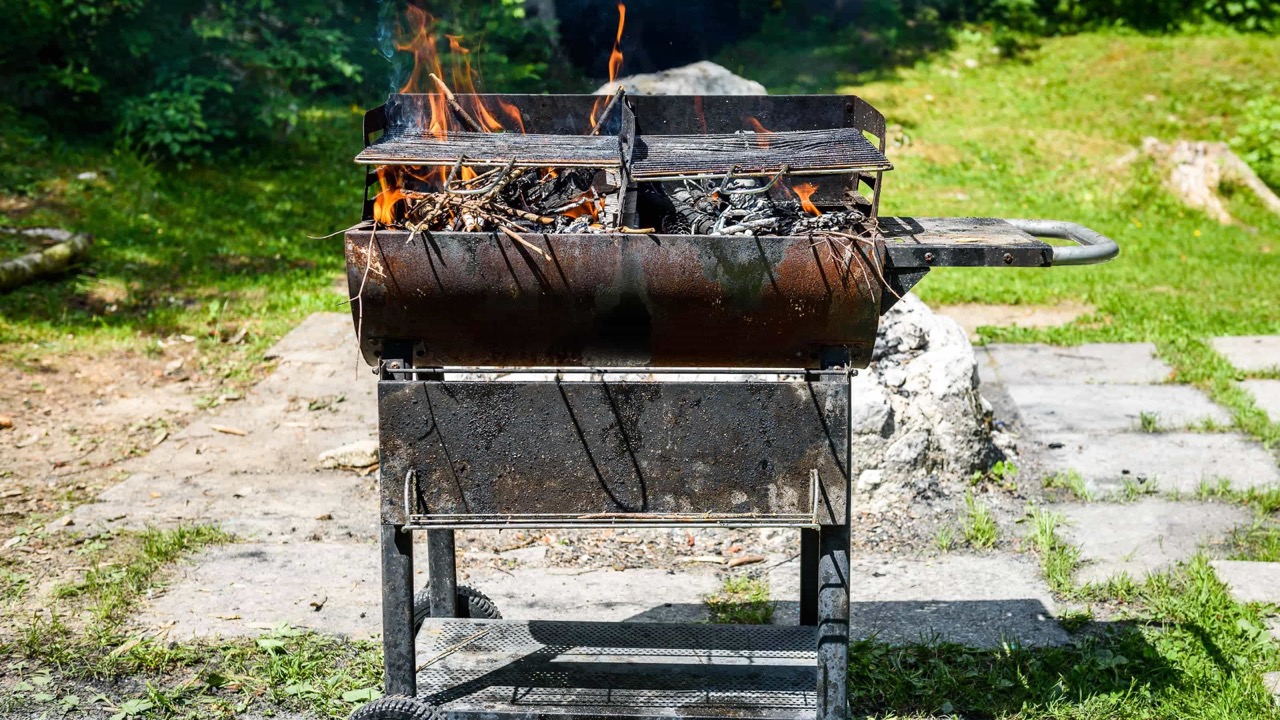
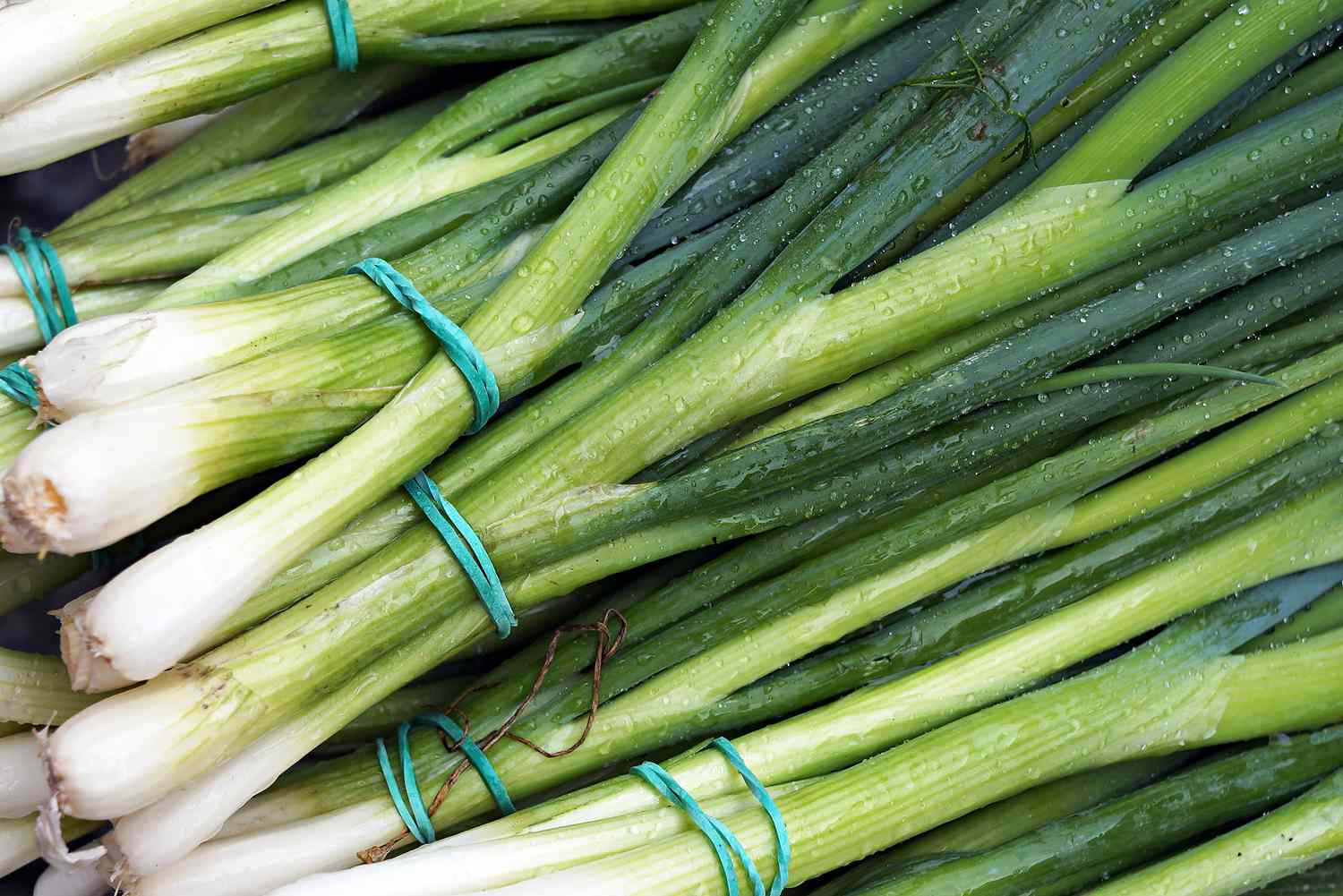




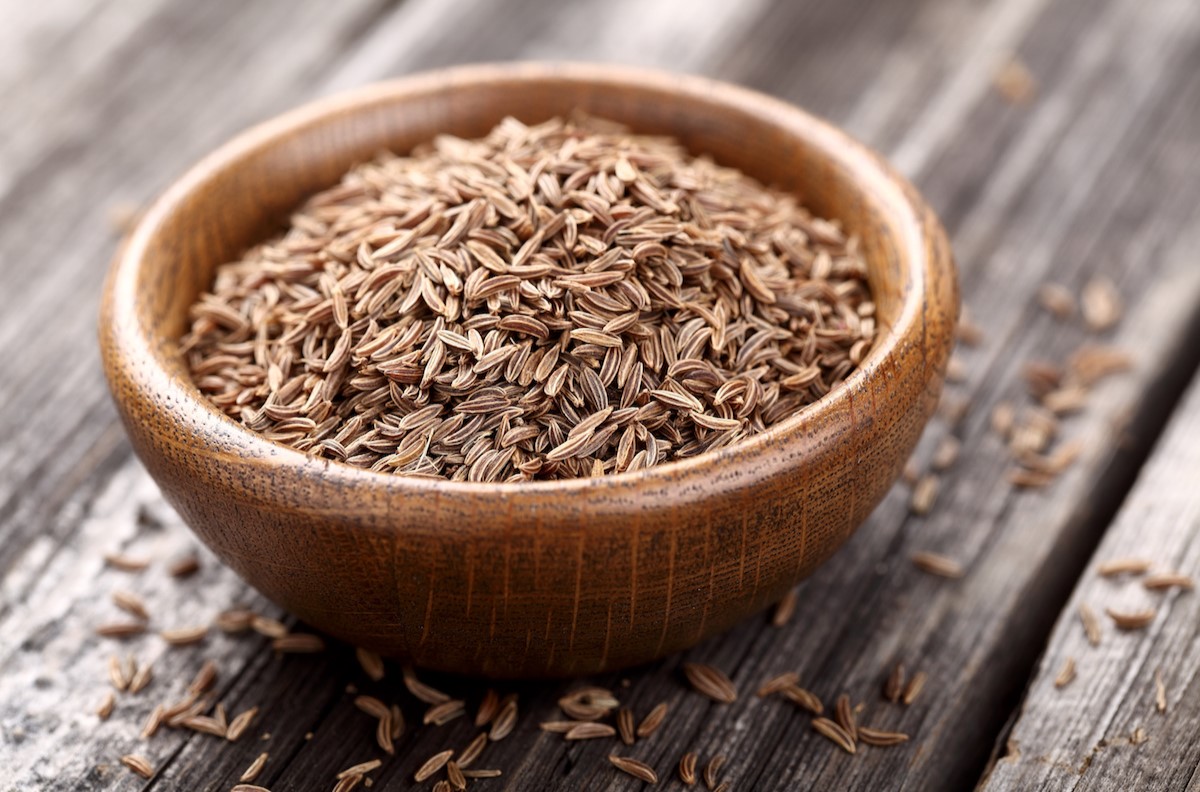
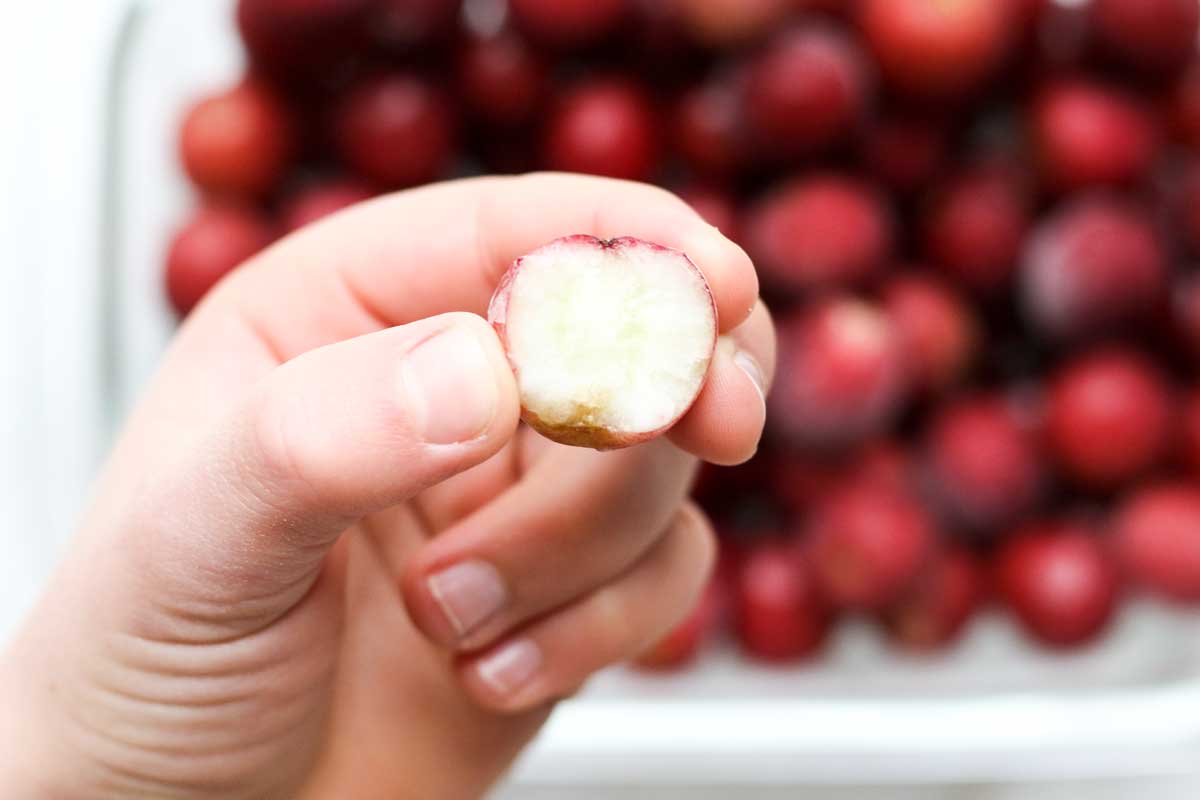
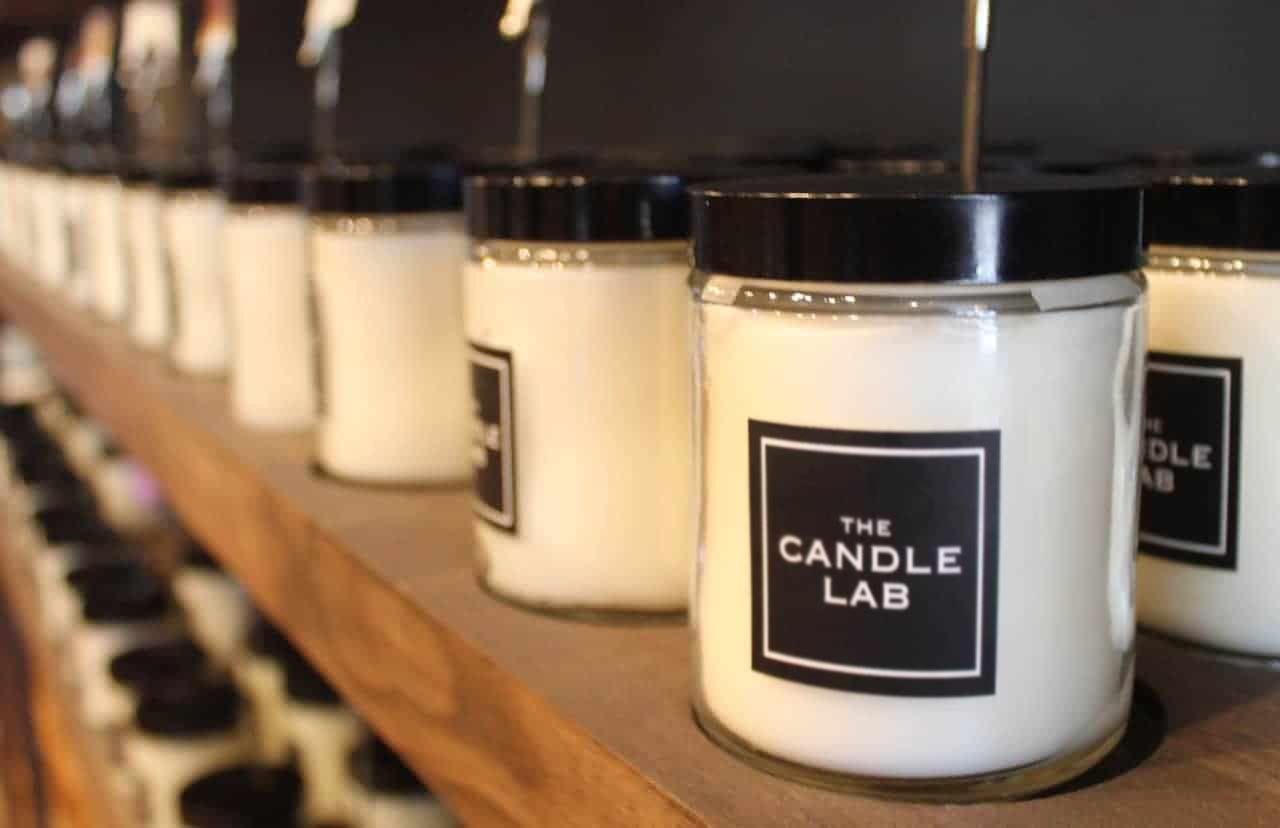

0 thoughts on “How Long Do Onions Last In The Pantry”